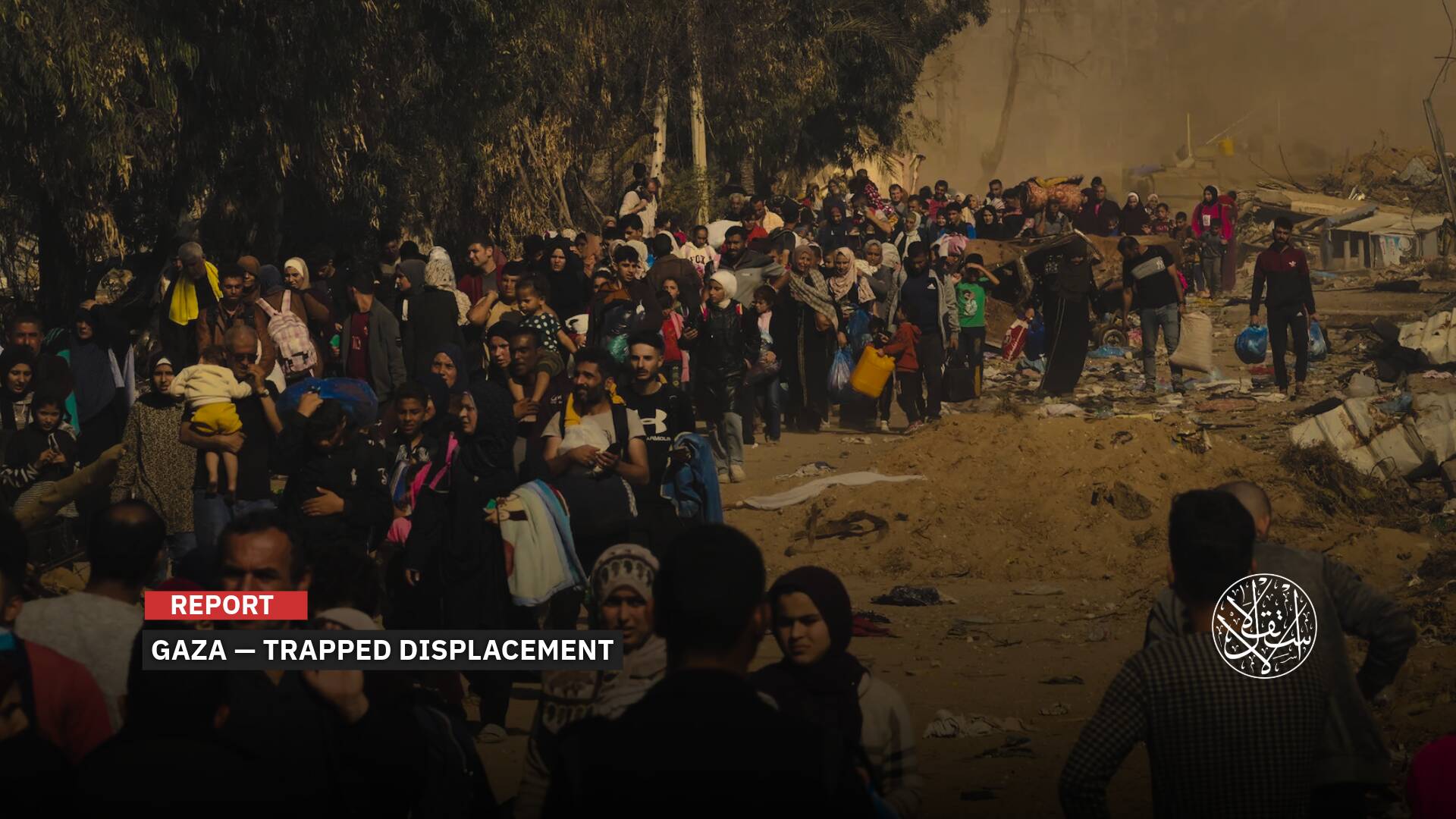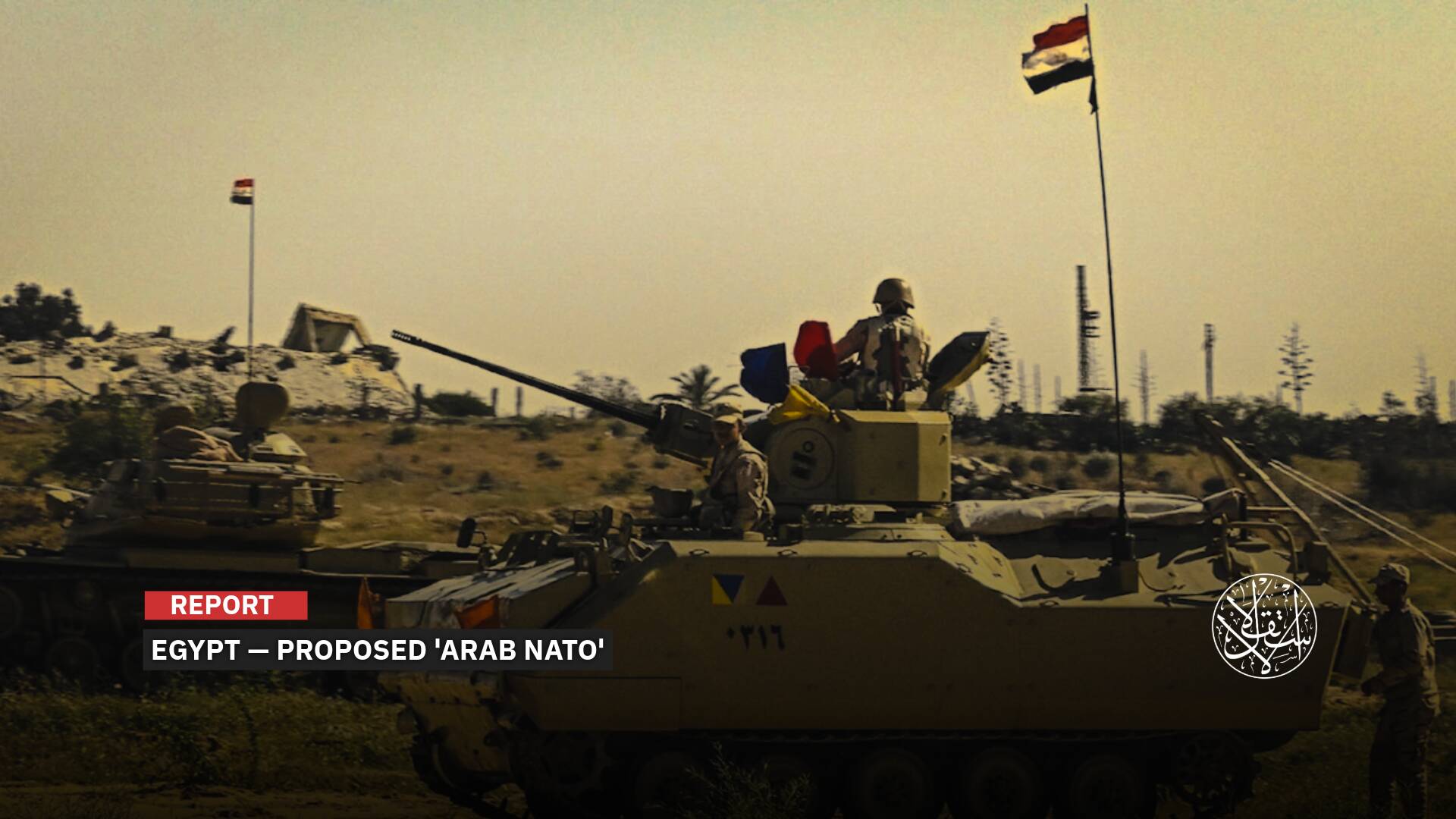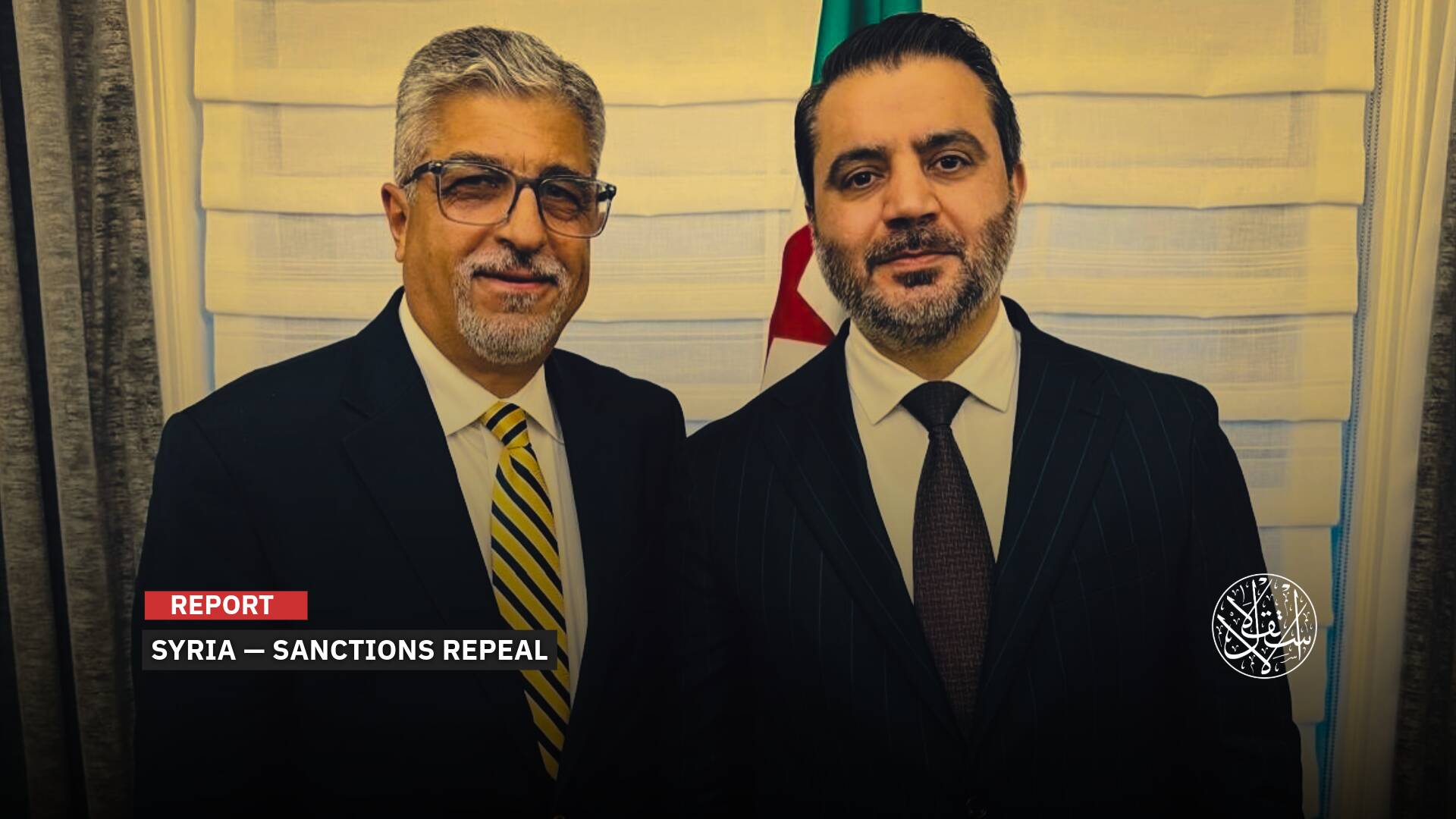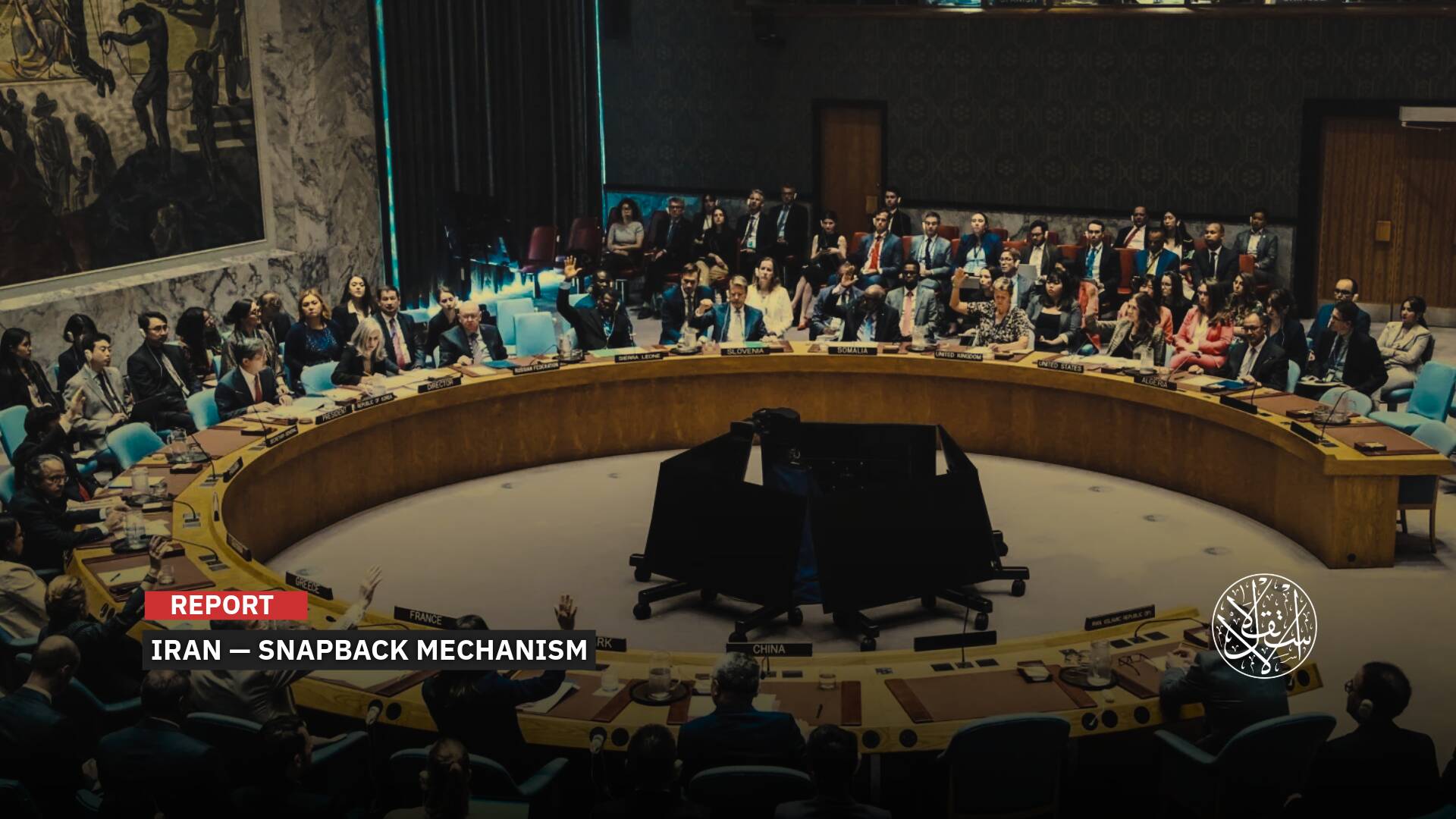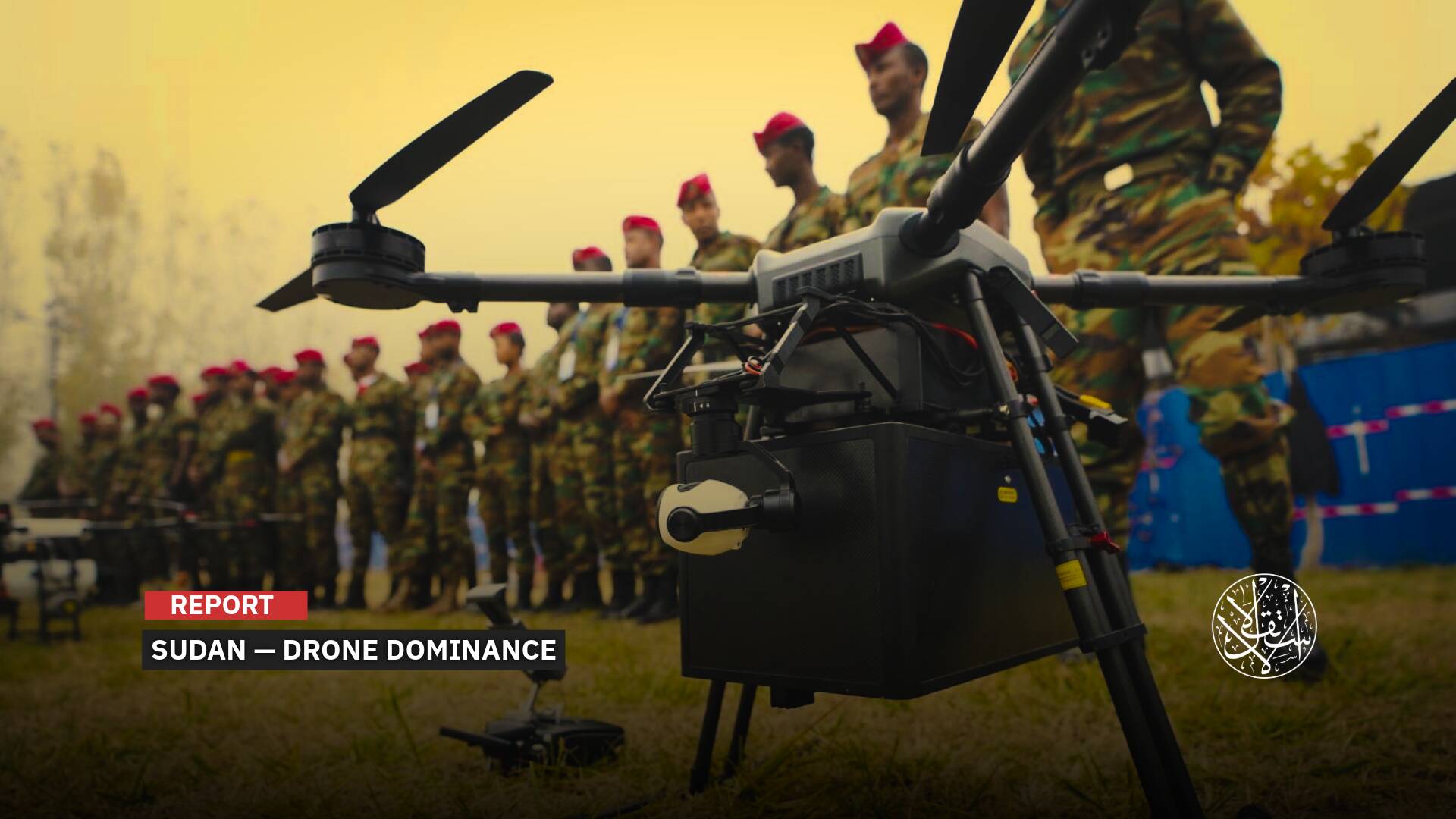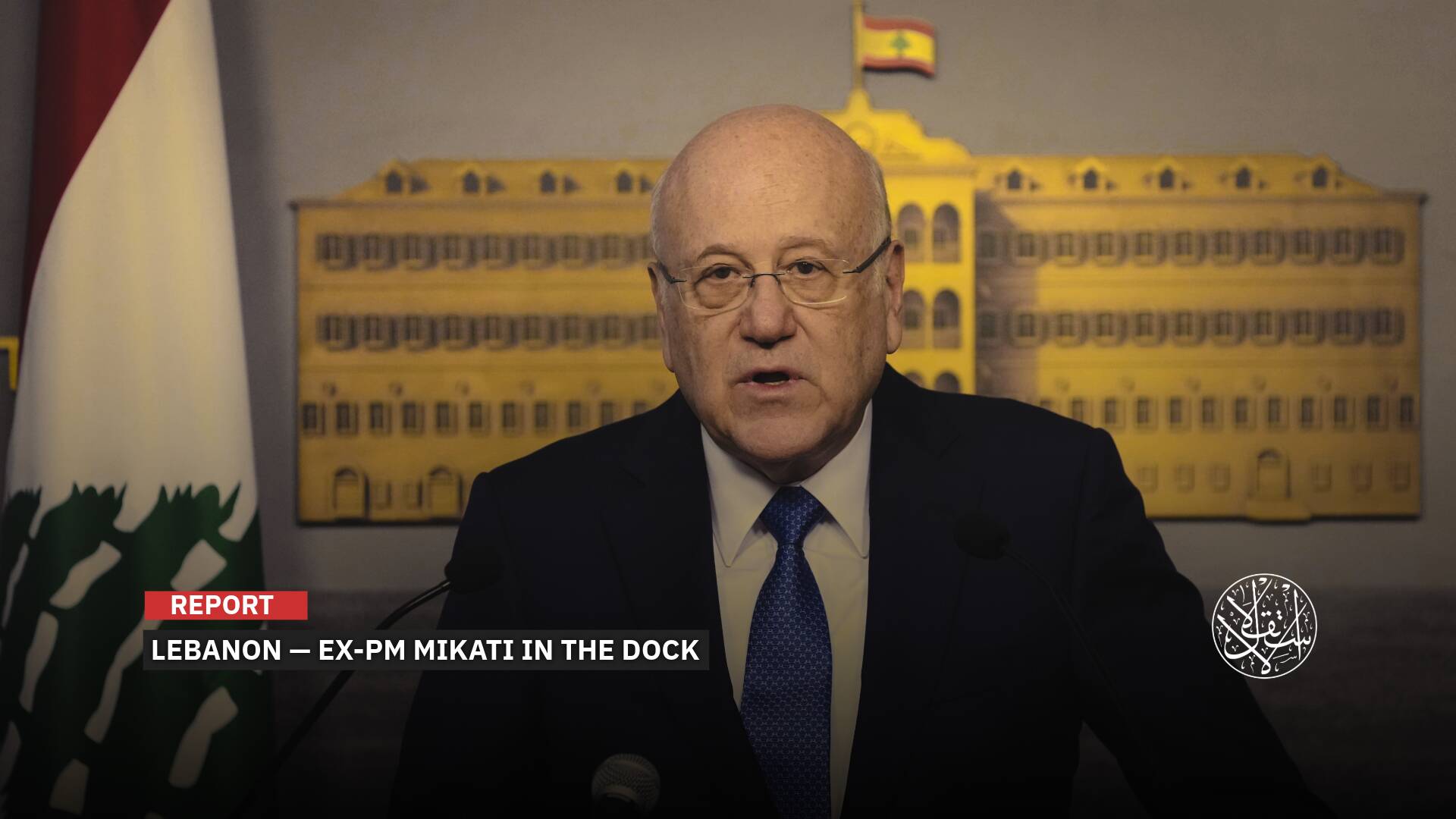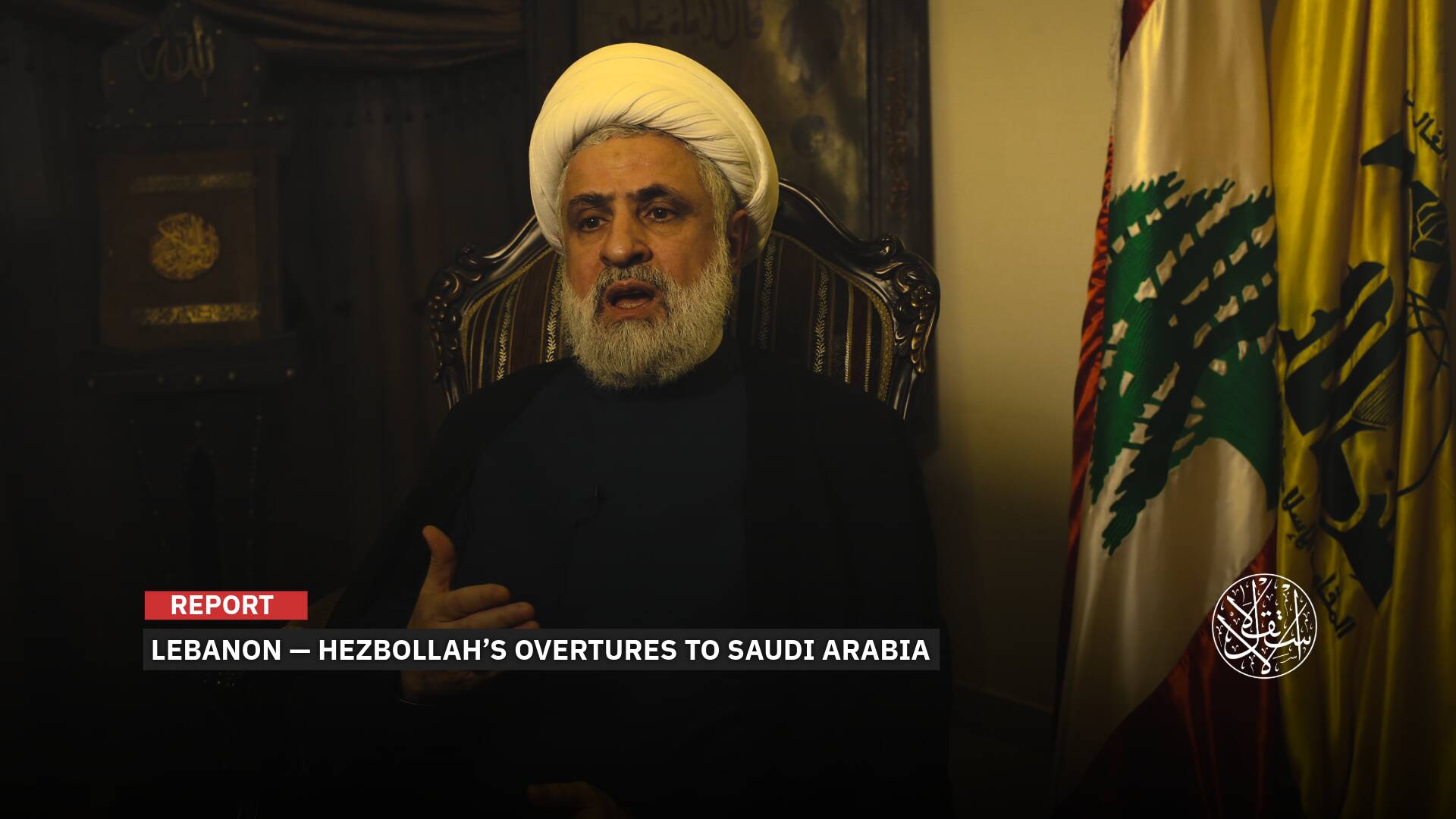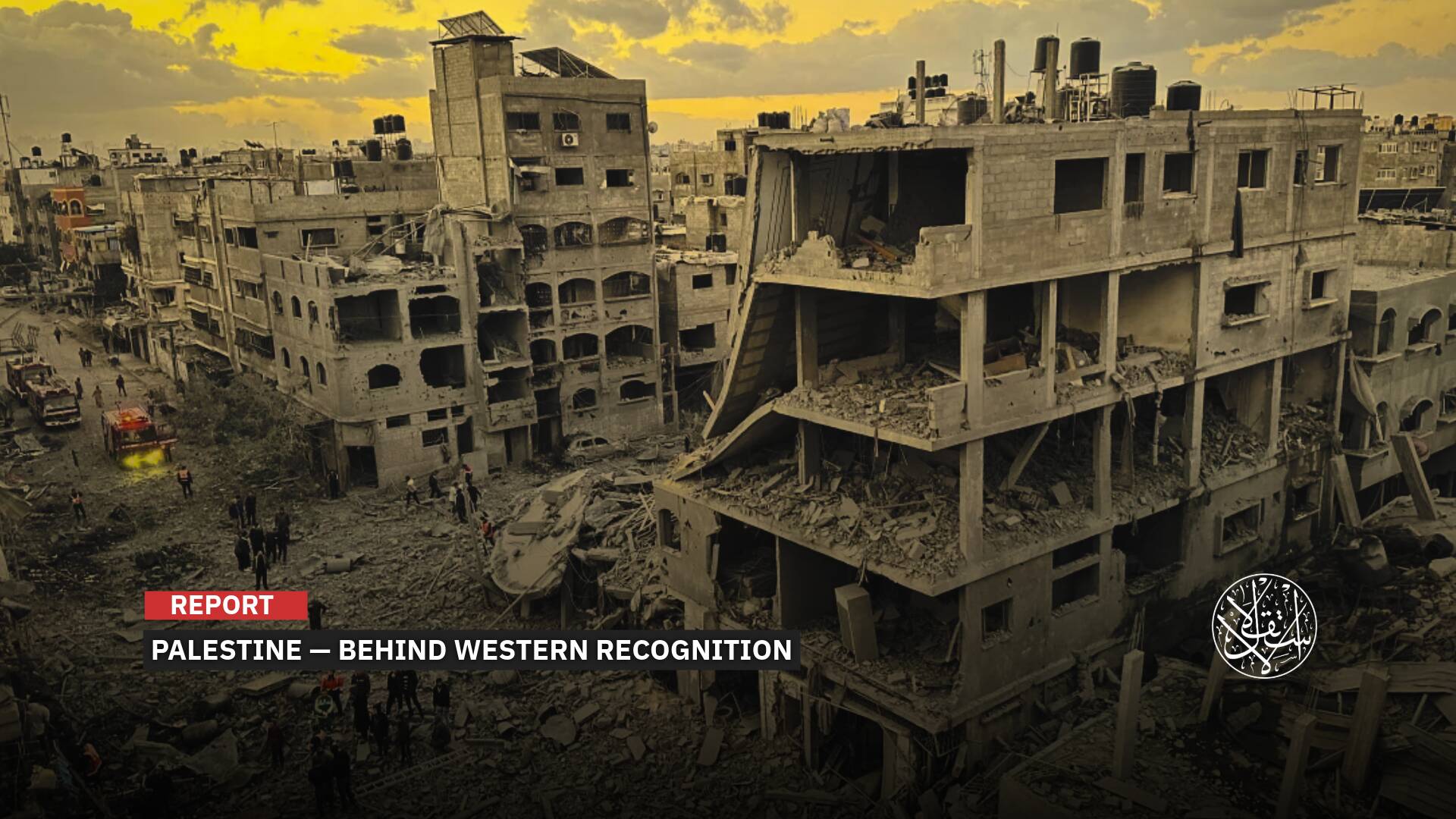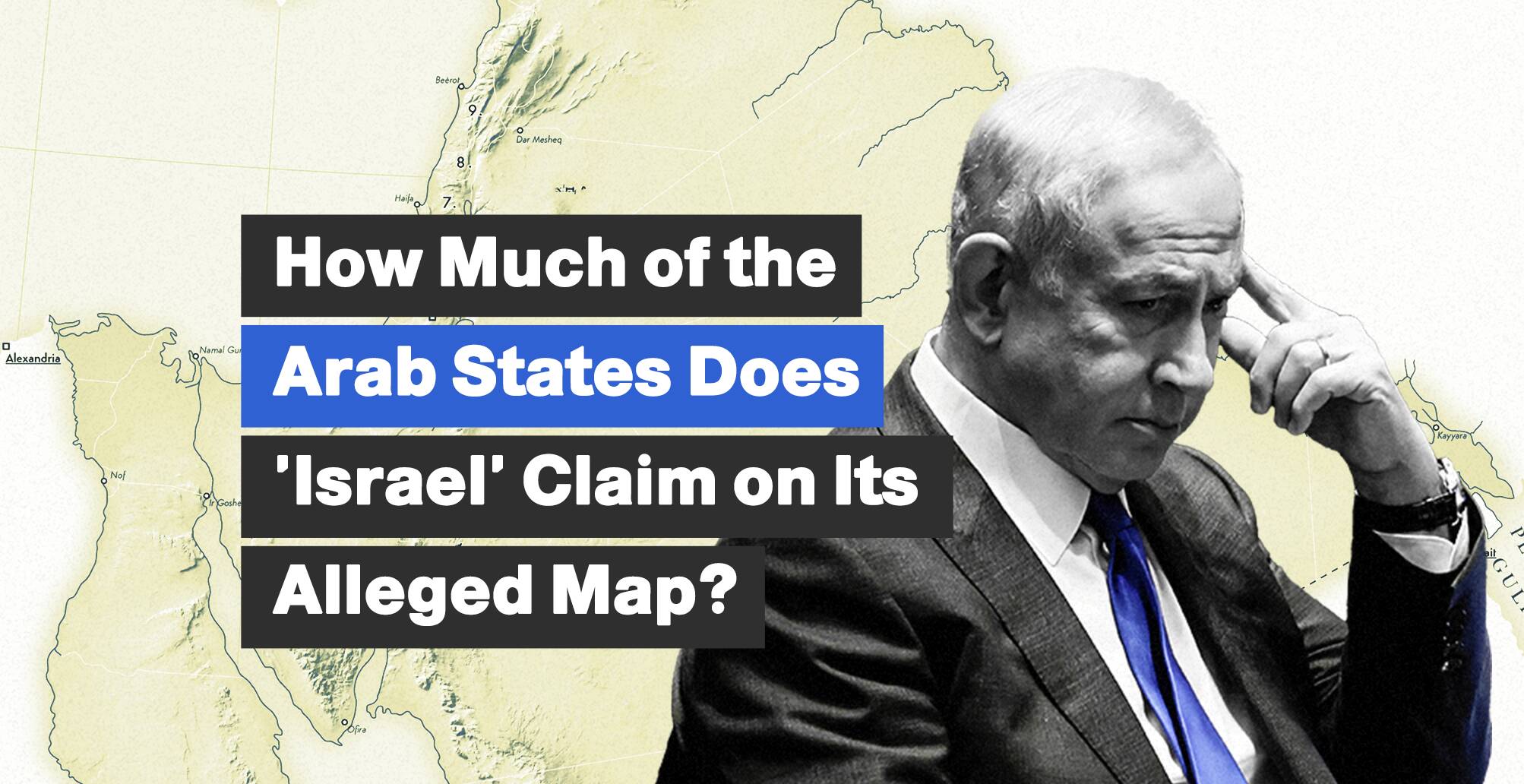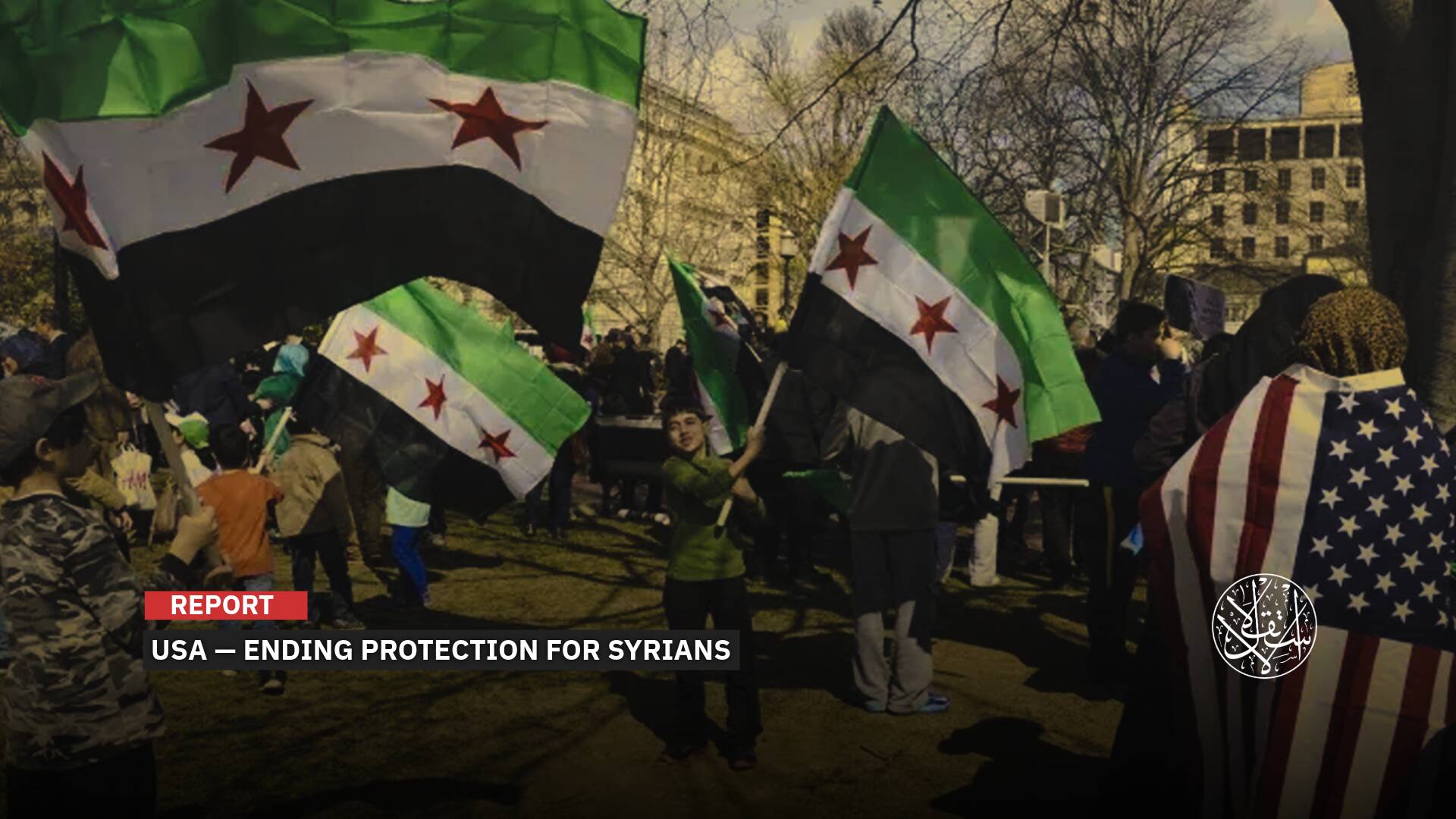Unlike Gaza's Resistance: How Did ‘Israel’ Infiltrate Hezbollah's Security Infrastructure?

There is no comparison between the Palestinian Resistance and Hezbollah in terms of security.
Hezbollah’s loss of senior leaders in recent weeks has sparked widespread debate over the extent of its security failure in protecting its personnel from Israeli strikes.
Comparisons have been drawn between the Israeli Occupation’s ability to track and kill senior Hezbollah leaders and its failure to assassinate leaders of the Palestinian Resistance in Gaza, despite launching a ground invasion of the Strip on October 27, 2024.
Collective Elimination
Since October 8, 2023, when Hezbollah announced—one day after Operation al-Aqsa Flood—its decision to open the southern Lebanon front in support of Gaza, “Israel” has carried out assassinations targeting high-ranking and mid-level Hezbollah leaders, in addition to dozens of fighters.
The “major blow” came when “Israel” launched an airstrike on a building in Beirut’s southern suburbs on September 20, 2024, killing 15 Hezbollah leaders, including Ibrahim Aqil, a member of the Jihad Council, the highest military body in Hezbollah.
Aqil was the commander and founder of the Redwan Force, the elite unit within Hezbollah. Also killed was Ahmed Wahbi, the military operations commander for the Lebanese Support front.
Prior to this, on July 31, 2024, “Israel” assassinated Fouad Shukr in an airstrike on a building in Beirut’s southern suburbs.
Shukr was Hezbollah’s top military commander and a founding member of the group for more than 30 years. He also served as a senior military advisor to Hezbollah’s leader, Hassan Nasrallah.
Talib Sami Abdullah was also assassinated following an airstrike on June 12, 2024, during a party leadership meeting at a house in the Lebanese town of Jouaiyya.
Talib was the commander of the Nasser Unit, responsible for Hezbollah's operations in the central region of the southern border strip with “Israel,” between Bint Jbeil and the Shebaa Farms.
Lebanese media close to Hezbollah reported that Talib was responsible for the party’s drone and precision missile unit.

Wissam al-Tawil was also killed on January 8, 2024, though the details and the exact circumstances of the assassination remain undisclosed.
It remains unclear whether he was killed in an airstrike targeting his car or by a roadside bomb as he passed through his village, Khirbet Selm, in southern Lebanon.
Al-Tawil was one of Hezbollah's top military leaders and a prominent figure in the Redwan Unit. After his death, Hezbollah’s reports highlighted his significant role, including his meetings with Iranian Revolutionary Guard leaders, the commander of the Quds Force, and other top officials, underscoring his importance.
Additionally, Mohamed Naim Nasser, the commander of Hezbollah's Aziz Unit, was assassinated on July 3, 2024, after an Israeli drone targeted his car in the Hosh area of Tyre, Lebanon.
The Aziz Unit is responsible for advancing field operations with artillery and drones, securing progress for the Redwan special forces, and countering Israeli intelligence unit activities.
These prominent Hezbollah figures, along with dozens of other seasoned field commanders, have been assassinated.
What About the Palestinian Resistance?
Experts argue that Israeli Occupation’s targeting of Hezbollah over the past year reveals that the group’s organizational structure has been “security compromised.”
“Israel” has been able to track and directly target Hezbollah leaders in key strongholds in southern Lebanon.
Experts point out significant differences between the security structures of the Palestinian Resistance Movement (Hamas) and Hezbollah in this regard.
Since October 7, 2023, Israeli forces have only managed to assassinate four Hamas figures in Gaza.
On October 17, 2023, “Israel” carried out an airstrike on the al-Bureij refugee camp in central Gaza, assassinating Ayman Nofal, one of Hamas’ top security leaders, a member of the al-Qassam Brigades General Military Council, and the commander of the central province brigade.
On November 26, 2023, the Izz al-Din al-Qassam Brigades mourned the assassination of Ahmad Ghandour, a member of the military council and the commander of the Northern Brigade.
In recent months, “Israel” has announced the assassination of other Hamas leaders following strikes on homes packed with displaced civilians.
Observers believe that “Israel” uses these false claims to provoke Hamas into either denying or providing new evidence that the targeted leader is still alive and was not assassinated.
When the Israeli Occupation announced the assassination of the commander-in-chief of the al-Qassam Brigades, Mohammad Deif, and his deputy Rafiq Salama in an airstrike on Khan Younis, Gaza, in July 2024, Hamas leader Khalil al-Hayya later confirmed that Deif was listening to Israeli Prime Minister Benjamin Netanyahu’s speech and mocking his false claim.
In the case of Palestine, experts suggest that when Israeli forces fail to assassinate resistance leaders in Gaza, they resort to spreading false reports of Hamas leaders' assassinations as part of a psychological warfare strategy against the Resistance.
Most Hamas leaders and al-Qassam Brigades commanders remain in Gaza, where they lead the fight against “Israel.”
The surprise appointment of Yahya Sinwar as the head of Hamas’ political bureau, succeeding Ismail Haniyeh, was a major shock for “Israel,” as Sinwar remains its top target amid the Israeli ongoing assault on Gaza.

Sinwar, who had led the Resistance Movement in Gaza, was appointed on August 6, 2024, following the assassination of Ismail Haniyeh by Israeli forces in Tehran on July 31 of the same year.
Despite Israeli intelligence efforts to track them, Sinwar and Abu Ubaida, the official spokesperson for the al-Qassam Brigades, continue to issue statements and comment on events in Gaza.
Not Enough Protected
Commenting on the situation, Brigadier General Abdullah al-Assaad, head of the Rassd Center for Strategic Studies, stated that “there is no comparison between the Palestinian Resistance and Hezbollah in terms of security when it comes to protecting their personnel.”
“The Palestinian leadership has specialized teams that operate based on accumulated military experience and expertise. They meticulously inspect all foreign-sourced technological equipment before using it and handle it with extreme caution,” he told Al-Estiklal.
“The Palestinian Resistance, which defends its land, places great emphasis on the safety of its personnel. This is why the security measures they take prioritize their protection, even ensuring that the modern equipment they use undergoes security checks before it reaches them. They even investigate the offices that supply some of this equipment to determine if they boycott Israel or support it.”

Al-Assaad continued, stating, “As for Hezbollah, it has become apparent that they are not concerned with the safety of their personnel, even their senior leaders. This became especially clear after October 7, 2023."
“Communication methods within the party are crucial and are part of military science, referred to as the Signal Corps. This is the backbone of warfare, and nations scrutinize it meticulously whenever they import any weapon or communication equipment used by their military from abroad."
On September 19, 2024, 37 people were killed and around 3,000 others were injured, most of whom were reportedly Hezbollah members, following explosions caused by pagers. The next day, wireless communication devices used by Hezbollah members were also targeted.
In his televised speech on September 19, 2024, Hezbollah leader Hassan Nasrallah confirmed that the explosions targeting the communication devices were a “major security and humanitarian blow, unprecedented since the party's founding in 1982.” He added, “The enemy, with this operation, has crossed all boundaries, laws, and red lines.”
Al-Assaad pointed out that “Iran is the one importing weapons for Hezbollah, which raises questions about the Iranian leadership conspiring against the people of Lebanon, whom they use as their proxies.”
“Israel, with its robust measures, cannot assassinate or infiltrate the leadership of Hamas. However, when laxity and negligence within Hezbollah became evident, particularly concerning the safety of its personnel, it resulted in a severe security breach that led to the deaths of its leaders. This highlights the number of agents working for Israel against Hezbollah, unlike the Palestinian resistance.”
“The recent successive attacks on Hezbollah have exposed the weakness of its security apparatus in protecting its fighters, including its military commanders who oversee all its plans, programs, and operations,” he concluded.
Sources
- Key Hezbollah Leaders Assassinated by Israel Since October 8 [Arabic]
- Since October 7: Key Hamas Leaders Assassinated by Israel [Arabic]
- 'Senior Security Official' Resurfaces Amid Hezbollah Breach, While Nasrallah Faces Extremely Tight Security Measures! [Arabic]
- Al-Ghandour: The Third Man in the Al-Qassam Brigades [Arabic]


